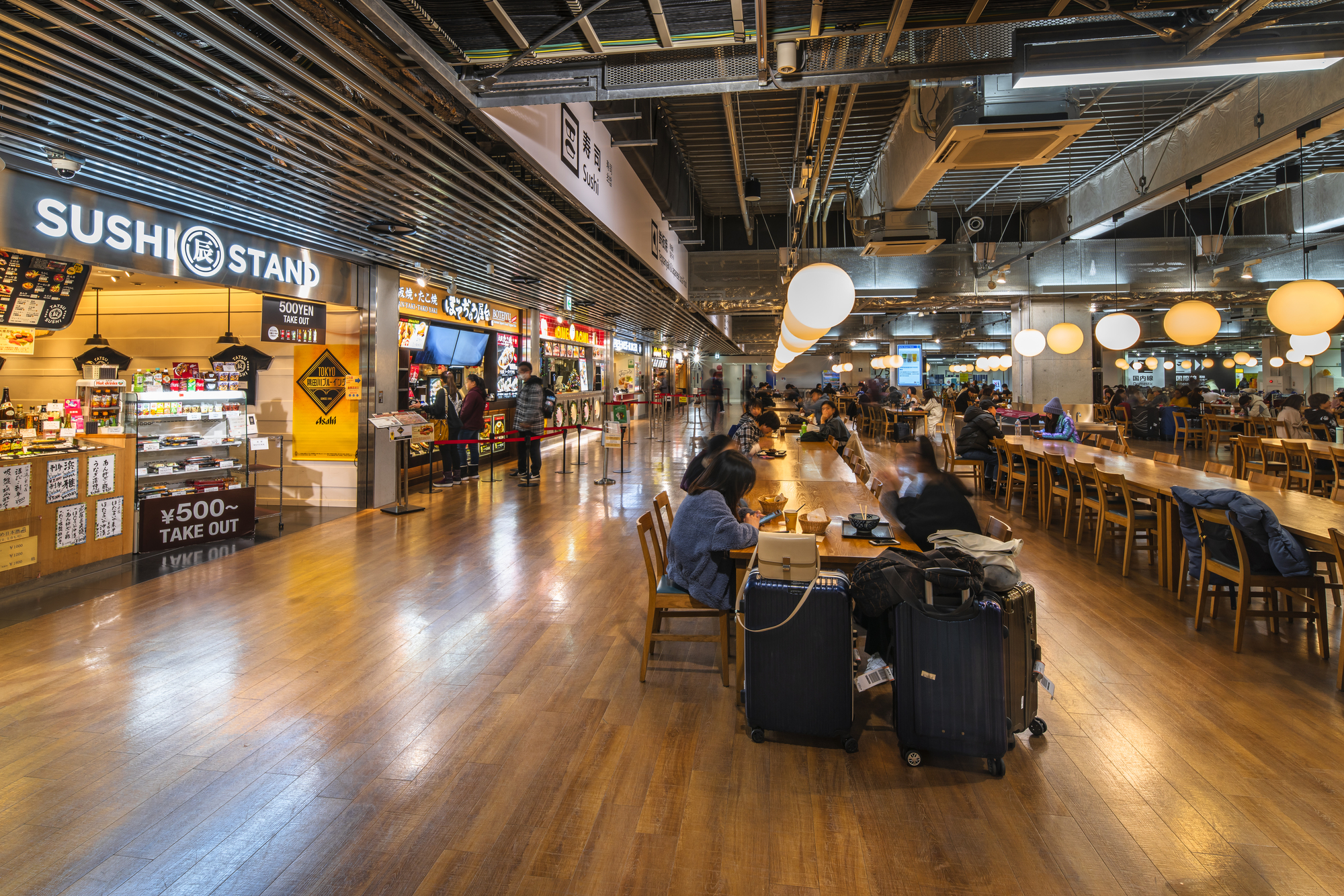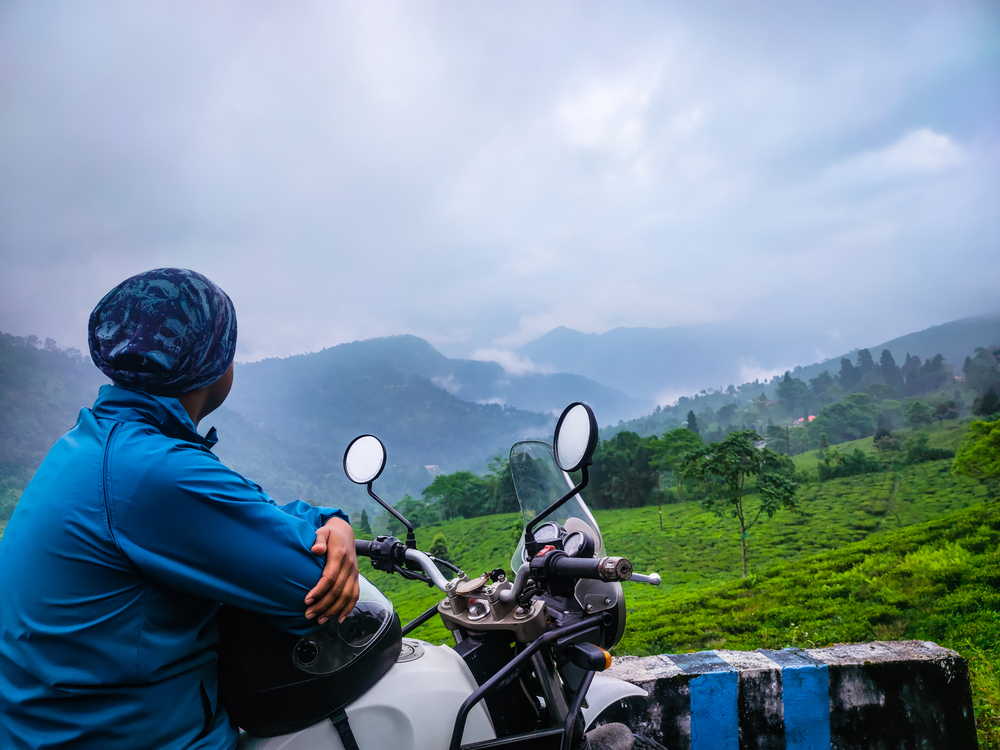Long-term travel tests your body and mind in ways that quick vacations never do. You’re constantly adapting to new climates, foods, time zones, and stress levels while living out of a suitcase for months or even years. Your usual routines disappear, though maintaining good health becomes more crucial than ever when you don’t have easy access to your regular doctor or familiar pharmacies.
Here’s a list of 16 practical strategies that’ll keep you feeling strong and energized throughout extended adventures.
Pack a Comprehensive Medical Kit

Your medical kit should go way beyond basic bandages and aspirin. Include prescription medications with extra supplies, antihistamines for unexpected allergies, anti-diarrheal medicine, a thermometer, and copies of important medical records.
Many countries restrict certain medications, so research regulations beforehand and carry official prescriptions for everything. This small investment in preparation can save you major headaches when you’re dealing with illness far from home.
Maintain Regular Sleep Schedules

Jet lag becomes a constant companion during long-term travel, yet your body craves consistency more than you might realize. Try to stick to regular bedtimes and wake times regardless of time zone changes.
Blackout curtains, eye masks, and earplugs help create familiar sleep environments in unfamiliar places. Even when you’re excited to explore, prioritizing 7-8 hours of sleep will keep your immune system strong and your mood stable.
Like Travel Pug’s content? Follow us on MSN.
Stay Hydrated with Safe Water

Dehydration sneaks up on travelers, especially in hot climates or high altitudes, where you lose water faster than usual. Always carry a reusable water bottle and know your local water safety situation.
Water purification tablets, portable filters, or UV sterilizers provide a backup when bottled water is unavailable. Your urine color serves as a simple hydration check—aim for pale yellow rather than dark amber.
Eat Local Foods Safely

Street food and local cuisine are huge parts of the travel experience, though they can also cause serious digestive issues if you’re not careful. Choose busy vendors with high turnover rather than places where food sits around getting cold.
Watch how locals eat—if they avoid certain places or preparation methods, you should too. Start with small portions of unfamiliar foods to test your stomach’s reaction before diving into full meals.
Protect Your Skin from Sun Damage

Constant sun exposure during outdoor adventures can cause serious skin damage over time. High-SPF sunscreen becomes your daily uniform, not just a beach accessory. Reapply every two hours and after swimming or sweating heavily.
Wide-brimmed hats and lightweight long-sleeved shirts provide valuable protection during extended outdoor activities. Don’t forget often-missed spots like your ears, feet, and the back of your neck.
Like Travel Pug’s content? Follow us on MSN.
Manage Stress Through Mindfulness

Travel stress accumulates differently than daily life stress—constant decision-making, language barriers, and navigating unfamiliar places can overwhelm even experienced travelers. Regular meditation, deep breathing exercises, or journaling help process these experiences positively.
Apps like Headspace or Calm work offline and provide guided sessions when you need to reset your mental state. Sometimes, taking a complete rest day in a comfortable place does more for your health than pushing through exhaustion.
Maintain Personal Hygiene Standards

Basic hygiene becomes more challenging without your usual products and routines, yet it’s crucial for preventing illness and feeling confident. Pack travel-sized versions of essential items, including hand sanitizer, which you’ll use constantly.
Many countries have different hygiene standards than you’re used to, so don’t rely on local availability of specific products. Wet wipes can serve as a quick backup for situations where soap and water aren’t available.
Get Necessary Vaccinations Early

Research vaccination requirements and recommendations for your destinations at least 6-8 weeks before departure. Some vaccines require multiple doses spread over several weeks, while others need time to become effective. The CDC and WHO websites provide current information, though consulting a travel medicine specialist gives you personalized advice based on your health history and specific itinerary.
Don’t forget routine vaccines like flu shots that you might normally get at home.
Like Travel Pug’s content? Follow us on MSN.
Create Consistent Morning Routines

Familiar morning routines provide stability when everything else in your environment keeps changing. Whether it’s stretching, meditation, coffee rituals, or reading, these consistent practices ground you psychologically. Keep your routine simple enough to maintain regardless of accommodation type or schedule constraints.
This mental anchor helps reduce the decision fatigue that comes with constant adaptation to new places.
Monitor Your Mental Health

Extended travel can trigger unexpected emotional responses—homesickness, culture shock, or travel burnout that catches you off guard. Regular check-ins with friends or family back home provide emotional support and perspective. Many travelers find that keeping a journal helps process experiences and recognize patterns in their mental health.
Don’t hesitate to take breaks from intensive travel schedules when you need time to recharge emotionally.
Limit Alcohol Consumption

Alcohol affects your body differently when you’re dealing with jet lag, dehydration, unfamiliar foods, and constant schedule changes. What normally feels like moderate drinking at home can hit much harder when you’re already stressed and tired. Plus, alcohol interferes with sleep quality and immune function when you need both the most.
Save drinking for special occasions rather than making it a daily part of your travel routine.
Like Travel Pug’s content? Follow us on MSN.
Practice Food Safety Consistently

‘Montezuma’s revenge’ and similar digestive issues can derail travel plans for days or weeks. Stick to bottled or properly treated water for drinking and brushing your teeth. Avoid raw vegetables and fruits you can’t peel yourself in areas with questionable water quality.
Ice cubes often come from tap water, so skip them when in doubt. The old traveler’s rule ‘boil it, cook it, peel it, or forget it’ still applies in many destinations.
Keep Important Documents Secure

Lost or stolen documents create enormous stress and health risks when you can’t access medical care or leave a country legally. Make multiple copies of passports, visas, insurance cards, and prescriptions. Store copies separately from originals and keep digital versions in cloud storage accessible from any device.
Embassy registration in countries with political instability helps authorities locate you during emergencies or natural disasters.
Adapt Gradually to Climate Changes

Dramatic climate shifts stress your body’s adaptation systems, especially when moving between tropical and temperate zones or different altitudes. Give yourself a few days to adjust before tackling strenuous activities in new environments. Stay extra hydrated at high altitudes where dehydration happens faster.
Layer clothing for easy temperature adjustments rather than packing for one specific climate throughout your entire trip.
Like Travel Pug’s content? Follow us on MSN.
Establish Local Healthcare Contacts

Research reputable doctors, dentists, and pharmacies in destinations where you’ll spend extended time. Expat communities often share recommendations for English-speaking healthcare providers who understand foreign travelers’ needs. Some international insurance companies maintain networks of approved providers that can streamline care if you need it.
Having these contacts in place before emergencies arise reduces stress and ensures better quality care.
Listen to Your Body’s Signals

Travel excitement can mask fatigue, dehydration, or early signs of illness until problems become serious. Pay attention to changes in energy levels, appetite, sleep patterns, or mood that might indicate developing health issues. Taking rest days when you feel run-down prevents minor problems from becoming major setbacks.
Your body’s adaptation to constant change requires more recovery time than normal daily routines, so respect those needs rather than pushing through exhaustion.
Where Wellness Meets Wanderlust

Staying healthy during long-term travel isn’t about avoiding all risks or maintaining rigid routines—it’s about finding a balance between adventure and self-care. The travelers who thrive for months or years on the road understand that health forms the foundation for every other experience.
Ancient trade routes and pilgrim paths taught earlier generations that the journey’s success depended on physical and mental resilience, not just reaching the destination. Today’s digital nomads and gap year adventurers carry forward this wisdom, though they’ve added modern medical knowledge and technology to support their journeys.
When you prioritize your health on the road, you’re not limiting your adventures—you’re ensuring they can continue for as long as your wanderlust demands
More from Travel Pug

- 20 Best Beach Towns in the Carolinas
- 13 Destinations Where Tourists Regularly Regret Their Trip
- 20 Destinations That Are More Magical Without an Itinerary
- 20 Underrated Adventures That Belong on Your Travel List
- 20 Cities Where You Should Just Wing It, No Planning Required
Like Travel Pug’s content? Follow us on MSN.
